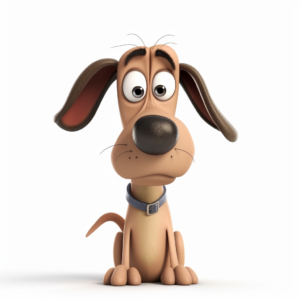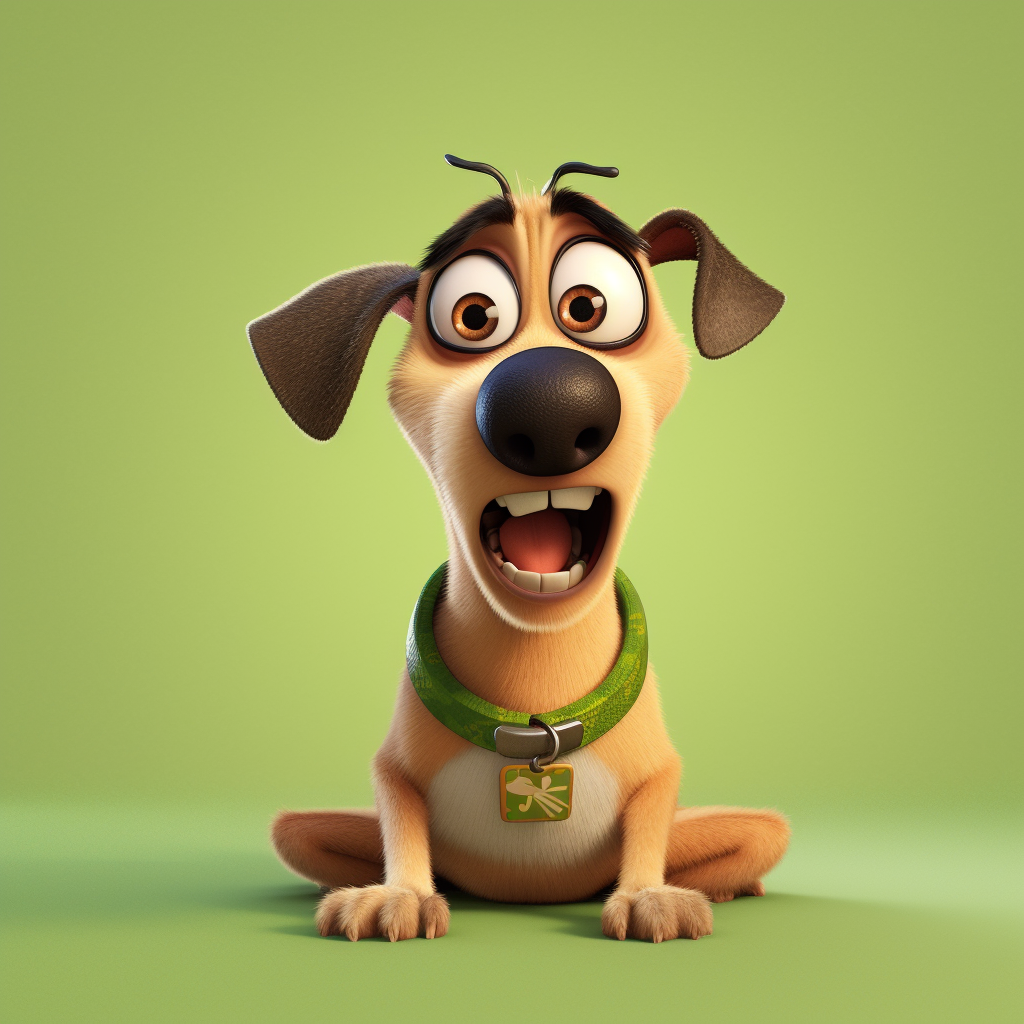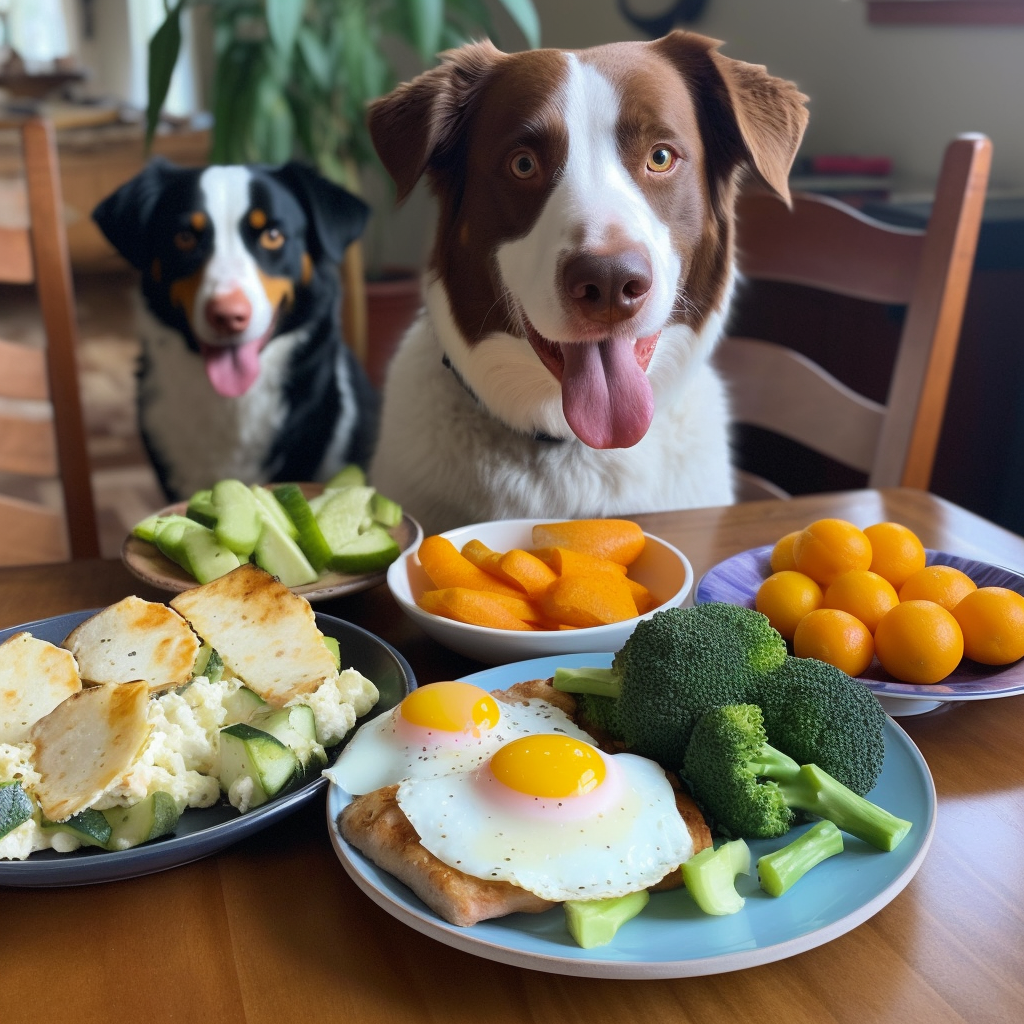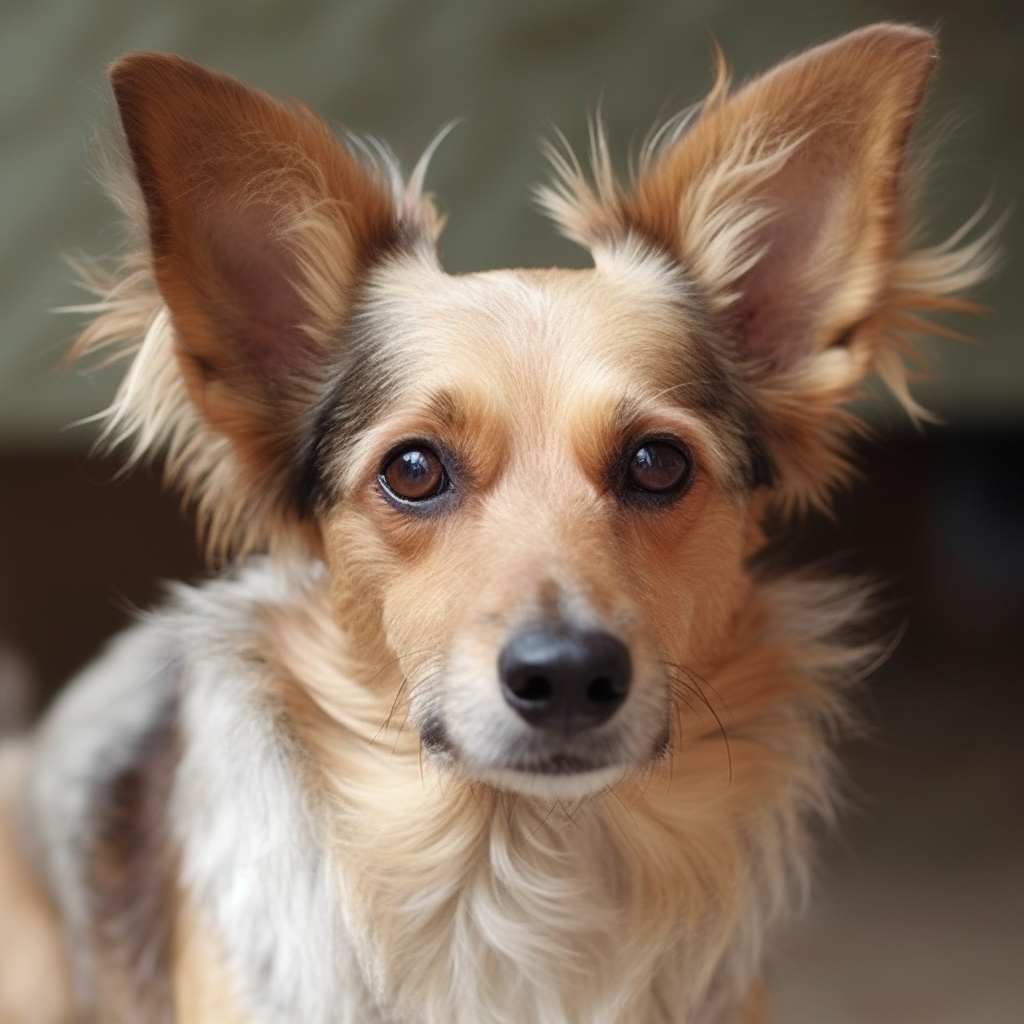Understanding Coprophagia
As dog owners, we sometimes witness a rather unpleasant behavior: our furry friends eating their own or other animals’ poop. This behavior, known as coprophagia, can leave us puzzled and concerned. In this blog post, we’ll explore the reasons behind why dogs engage in this behavior, potential contributing factors, and what you can do to address it.
Instinctual Behavior:
Dogs are descendants of scavengers, and their ancestors often had to resort to eating feces to survive.
Some believe that this behavior is an instinctual way to obtain additional nutrients that might still be present in the waste.
Nutritional Imbalances:
Dogs with nutrient deficiencies or imbalances in their diet may be compelled to eat feces in search of missing nutrients.
Ensure your dog is receiving a balanced and high-quality diet to minimize the risk of nutrient inadequacies.
Boredom or Attention-Seeking:
Dogs may engage in coprophagia as a result of boredom or seeking attention from their owners.
Providing mental and physical stimulation through regular exercise, interactive toys, and positive reinforcement can help alleviate boredom.
Anxiety or Stress:
Dogs experiencing anxiety, stress, or changes in their environment may resort to coprophagia as a coping mechanism.
Create a calm and secure environment for your dog, and consider consulting a professional trainer or veterinarian for guidance on anxiety management techniques.
Medical Conditions:
Certain medical conditions, such as gastrointestinal disorders, malabsorption issues, or enzyme deficiencies, can lead to coprophagia.
If you suspect an underlying medical cause, consult with your veterinarian to rule out any health issues and determine appropriate treatment.
Social Learning:
Puppies may observe coprophagia in their littermates or adult dogs and imitate the behavior out of curiosity or to gain attention.
Consistent training, redirection, and positive reinforcement can help discourage this learned behavior.

What to do if your dog eats poop:
Consult your veterinarian:
Schedule a veterinary appointment to rule out any underlying medical conditions or nutritional deficiencies that may contribute to coprophagia.
Maintain a clean environment:
Regularly clean up your dog’s waste to minimize access to feces.
Ensure a balanced diet:
Feed your dog a nutritionally balanced diet appropriate for their age, size, and health requirements.
Consult with your veterinarian to determine the best dietary options for your dog.
Training and redirection:
Train your dog using positive reinforcement techniques to discourage the behavior.
Teach the “leave it” or “drop it” command and redirect their attention to appropriate toys or treats.
Increase exercise and mental stimulation:
Provide regular exercise to prevent boredom and reduce stress.
Engage your dog in interactive games, puzzles, and training sessions to keep their mind stimulated.
Conclusion:
While coprophagia may be an unpleasant behavior, understanding its potential causes can help address the issue. By considering factors such as instinct, diet, boredom, stress, and medical conditions, you can take appropriate steps to discourage your dog from eating poop. Remember, patience, consistent training, a balanced diet, and a clean environment are key elements in overcoming coprophagia and promoting your dog’s overall well-being.
(Note: This blog post provides general information and suggestions. It’s important to consult with a veterinarian for personalized advice regarding your dog’s specific situation.)



